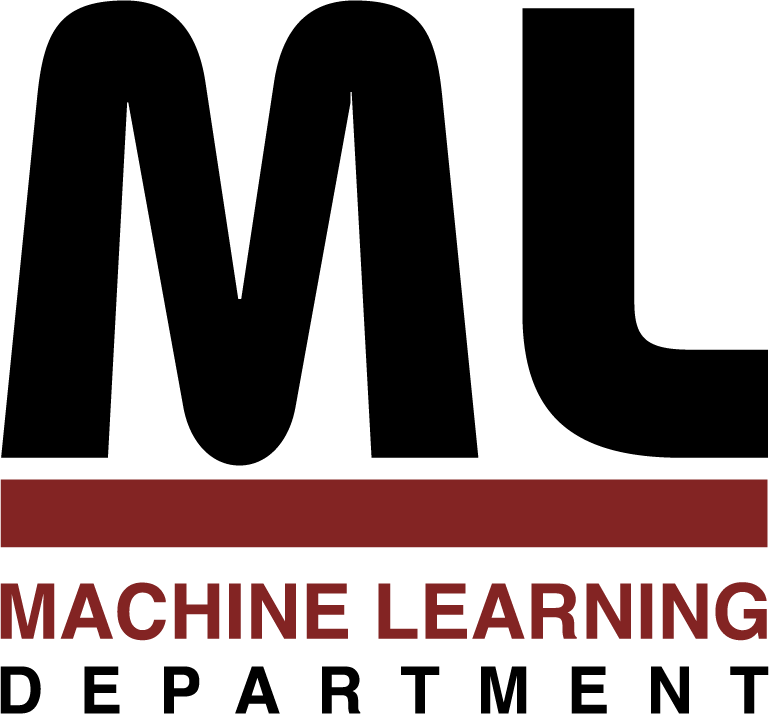
Machine Learning Department
School of Computer Science, Carnegie Mellon University
Active Learning for Fast Drug Discovery
Anqui Cui*, Jeff Schneider
March 2010
The drug discovery always costs a lot of time and money. Chemists have
to do many experiments to screen useful compounds. In this paper, we
present active learning algorithms for fast drug discovery. The algorithms
decrease the number of experiments required to find out the best performance
compounds among plenty of possible trials. The problem is a traditional
exploration vs. exploitation dilemma and our approach is based on the
multi-armed bandit problem and other function approximators. We propose
the expected improvement estimation as a method to measure
the unknown compounds. Some traditional models including UCB algorithms,
Gaussian process, regression trees and so on are also used for our problem.
Our results show that the algorithms present in this paper significantly
raise the best performance of compounds found within a certain
number of picks. The number of picks needed to first discover the best
compound is also reduced to about half of random method's cost.
28 pages
*State Key Lab of Intelligent Technology and Systems, Department of Computer Science and Technology, Tsinghua University, Beijing, P.R. China
School of Computer Science homepage
This page maintained by reports@cs.cmu.edu